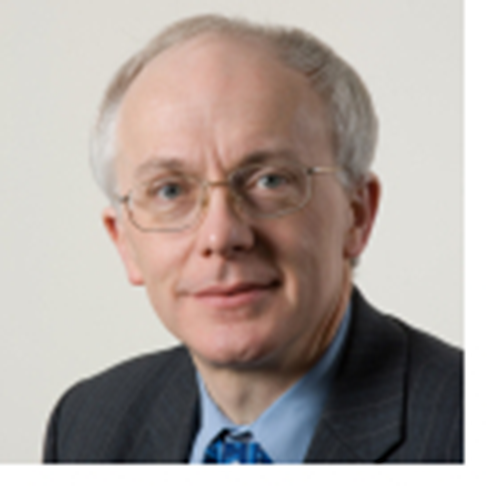‘Average’ science education concerns grow
3rd December 2013

The Organisation for Economic Co-operation and Development’s (OECD) latest international rankings for education – the Pisa tests1 – indicate the UK has slipped further down the league tables for the teaching of science and maths, prompting concerns from a leading professional body, the Institution of Chemical Engineers (IChemE).
The Pisa tests - the Programme for International Student Assessment – are widely recognised as the most influential rankings in international education, based on tests taken by more than 500,000 15-year-old secondary school pupils, including 12,000 in the UK.
In 2012, out of 65 participating countries, the UK had slipped in science from 16th to 21st place. Countries with similar performance ratings in science include Australia, Austria, Czech Republic, Ireland, the Netherlands, New Zealand, Slovenia and Switzerland.
The UK’s performance in maths is slightly worse, with the UK classified as ‘average’ in 26th place.
IChemE’s chief executive, Dr David Brown, said: “The UK has some world-class industries in the chemical and process sector like oil and gas, pharmaceuticals, food and energy production, which are vital to our future economic prosperity.
“The success of these industries is under threat if our education system can’t produce enough talented people with high quality skills in maths and science.
“To be classed as ‘average’ in maths, science and reading is not good enough and places a huge question mark over education policy in the UK”.
In its report the OECD illustrated the important role Governments have in setting the right policy framework to improve educational performance2.
“The OECD is clear that ‘the quality of a school cannot exceed the quality of its teachers and principals’”, said Dr Brown.
“Countries like Brazil, Japan and Poland, which are improving their performance, have all established education policies to improve the quality of their teaching staff. Specific policies to raise standards include making it harder to achieve a teaching licence and by offering incentives for teachers to engage in in-service teacher-training programmes”.
Brown continued: “We need to look at what other countries are doing and make sure we understand what is needed to stop science and maths teaching from stagnating.
“The first thing we need to do is make sure that every primary school should have a qualified science teacher, and secondary schools should have science teachers that are qualified to degree level in their fields. Only then can we hope to inspire more young people to achieve higher standards and benefit industries reliant on high quality skills in maths and science.”